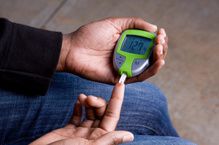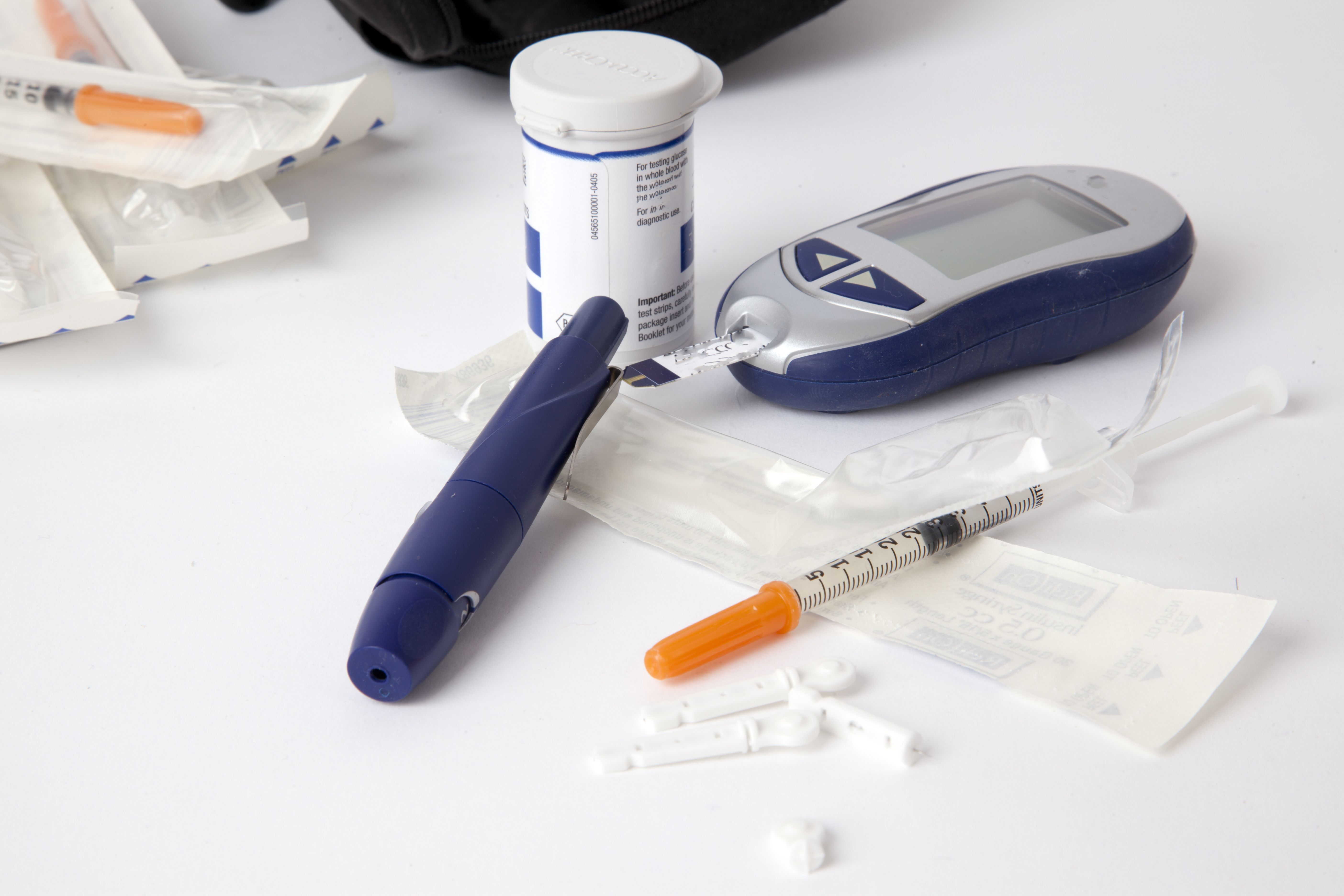Diabetes
Latest News
Latest Videos
CME Content
More News

Study finds cardioprotective medications were used in approximately 11% more men than women with type 1 diabetes.

Aflibercept 8 mg demonstrated non-inferiority in vision gains in both the 12- and 16-week dosing regimens.

Expert: ‘Huge Opportunity for Pharmacy Reimbursement’ in Diabetes Self-Management Education Services
Through gamification and food-focused activities, pharmacists can incentivize patient engagement in these services, even if offered outside the pharmacy.

New research suggests patients with type 2 diabetes who have elevated glycated hemoglobin levels, even when on metformin, could benefit by adding glucose-lowering glargine.

Continuous glucose monitors eliminate the need for frequent fingerstick use and carrying blood glucose monitoring supplies.
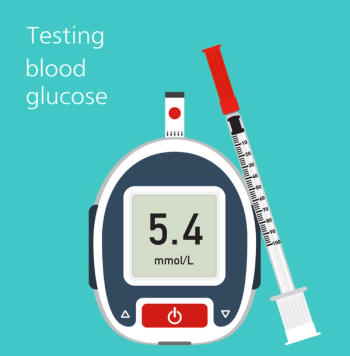
The study also showed sustained reductions in hospitalizations over a 2-year period of FreeStyle Libre system use.

Semaglutide is a traditional type 2 diabetes treatment that may help obese individuals lose weight, especially if given at a higher dose.

Adults with type 2 diabetes may benefit from eating more whole grains, fish, fiber, and omega-3 fatty acids in their diet, which could lower co-morbidities associated with death.

New research suggests that 200 g/day of milk can reduce the risk of type 2 diabetes by 10%.
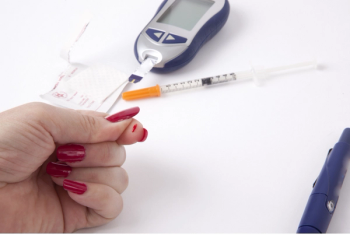
Care Coach program offers a comprehensive set of pharmacy and counseling services to patients struggling to manage their diabetes.

Researchers found that patients diagnosed with early-onset type 2 diabetes have a greater risk of premature death than the general population.

Research suggests that subcutaneous insulin aspart is a cost-effective and accessible treatment option that could allow children with type 1 diabetes to avoid the ICU after a mild episode of diabetic ketoacidosis.
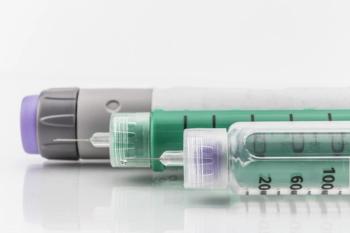
The long-acting, once-daily hormone controls high blood sugar in individuals aged 1 year or older with diabetes.

Research suggests that non-traditional complications from type 2 diabetes are hospitalizing more people now than they did 20 years ago.
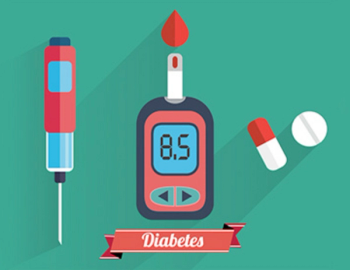
Dual GIP/GLP-1 agonist therapy demonstrated superior glucose control and weight loss in patients with diabetes compared to selective GLP-1 receptor agonists in preclinical and clinical trials.

Investigators report that they have seen nearly 100% of the hormone from their tablets going straight into the liver of rats.

A recent study suggests that infrequently taking non-steroidal anti-inflammatory drugs, especially ibuprofen, with type 2 diabetes can increase the risk of first-time heart failure and hospitalization.

Cognitive harm appears reversible, results of analysis by Nemours Children’s Health Jacksonville and Stanford University shows.

Hospitalization and interprofessional team management, particularly the involvement of a pharmacist, are essential in vaccination coverage for patients with diabetes.

Analysis from the Johns Hopkins Children’s Center and University of Colorado indicates that cancellation of sports and a switch to virtual learning likely increased this risk.

Current cases of undiagnosed diabetes may be more prevalent in certain minority groups, obese and older adults.

Catherine Oakar, special assistant to the President for Public Health and Disparities in the Domestic Policy Council at The White House, discusses plans to address diet-related diseases in a conference held at The White House in September 2022.

With proper knowledge, they can complete self-examinations and be adherent to clinical exams.

FDA Clears Omnipod 5 Automated Insulin Delivery System for Type 1 Diabetes Patients 2 Years of Age and Older
Omnipod 5 is an automated, tubeless insulin dispensing system that allows for continuous infusion and bolus dosing as needed.

A new study warns that fluoroquinolone could increase the risk of altered mental status and hospitalizations for advanced chronic kidney disease patients, though it is rare.



